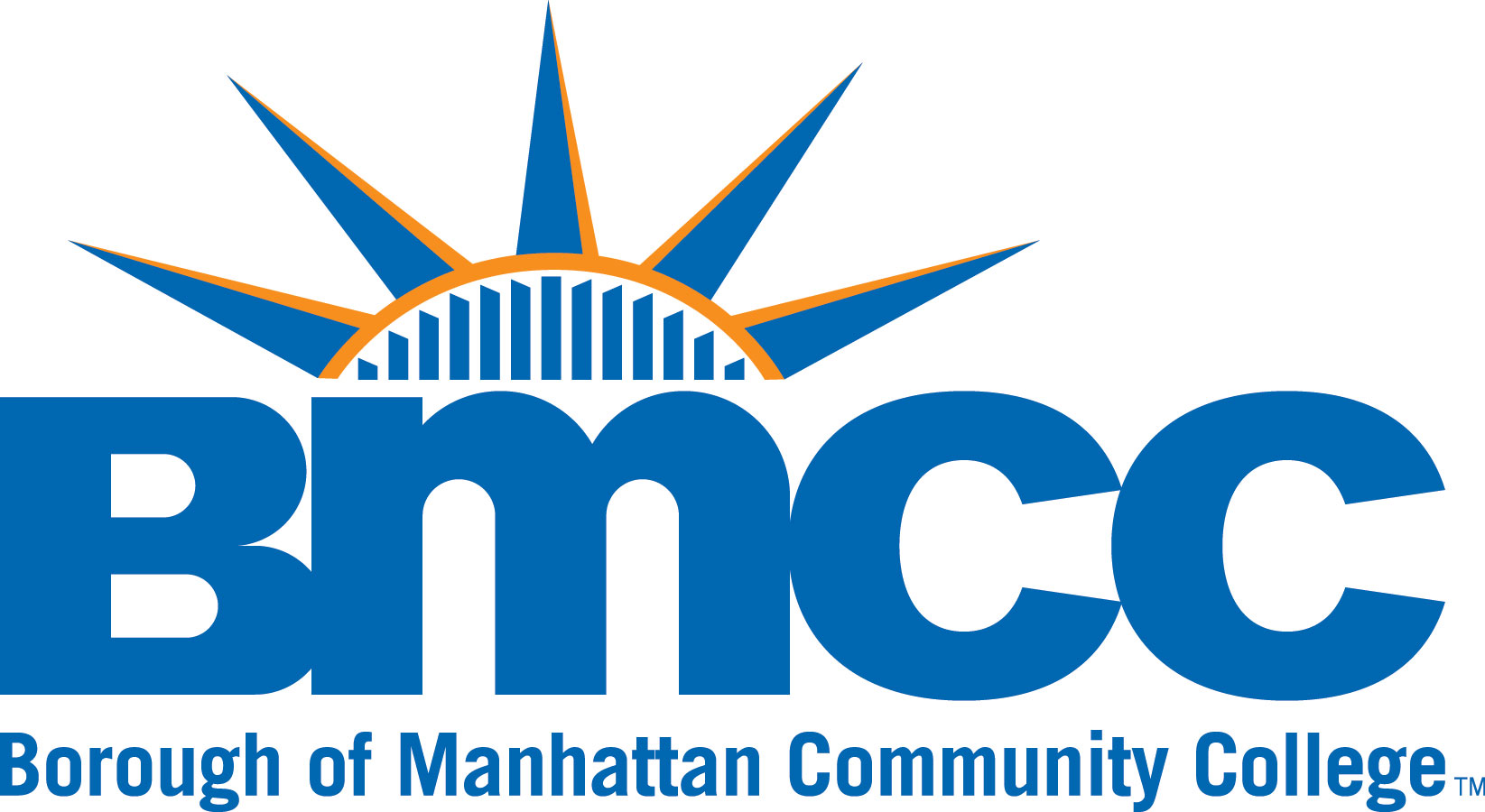Open Educational Resources
Document Type
Lecture or Presentation
Publication Date
Summer 6-7-2023
Abstract
Documented incidents of trafficking in women and children in West Africa date as far back as the 1960s. Significant public recognition and focus only happened around the 1990s. Although no exact figures and data on the number of trafficked victims, there are indicators to show that the incident in the sub-region is reaching alarming proportions. One of such indicators is the growing number of women and children, especially children in cities and big towns of West African states and European countries who are in these places as a result of urban and illegal transborder migration as well as a growing market for exploitative labor.
Recent trends and forms of Trafficking in person take place all across Africa where victims are transported from rural to urban cities (internal Trafficking), while external involves the trafficking of persons from their home countries to other countries. Women and children have been transported from their home countries to other neighboring countries in West and Central Africa, Europe, and the Middle East. Women are not the only victims, but children also constitute a large percentage. Pervasive poverty compels families to push children in search of better lives.
Traffickers (in exploiting) cultural practices have often approached vulnerable and unsuspecting families by taking advantage of trafficked women and children under the guise that they will provide better lives for them but unfortunately, they end up in several forms of exploitative and abusive labor.
Creative Commons License

This work is licensed under a Creative Commons Attribution-Noncommercial-Share Alike 4.0 License.
Included in
African Studies Commons, Gender and Sexuality Commons, Regional Sociology Commons, Social Control, Law, Crime, and Deviance Commons, Work, Economy and Organizations Commons



Comments
The focus of this paper was on the effects of globalization and human trafficking in persons in West Africa with a particular emphasis on Nigeria. In addition, the effects of Human Trafficking and family disintegration especially as they impact women and girls was discussed. The presenters provided a data analysis of the effects on women and children, especially the causes, effects, and consequences, and offer recommendations based on their respective and collective work in the field.